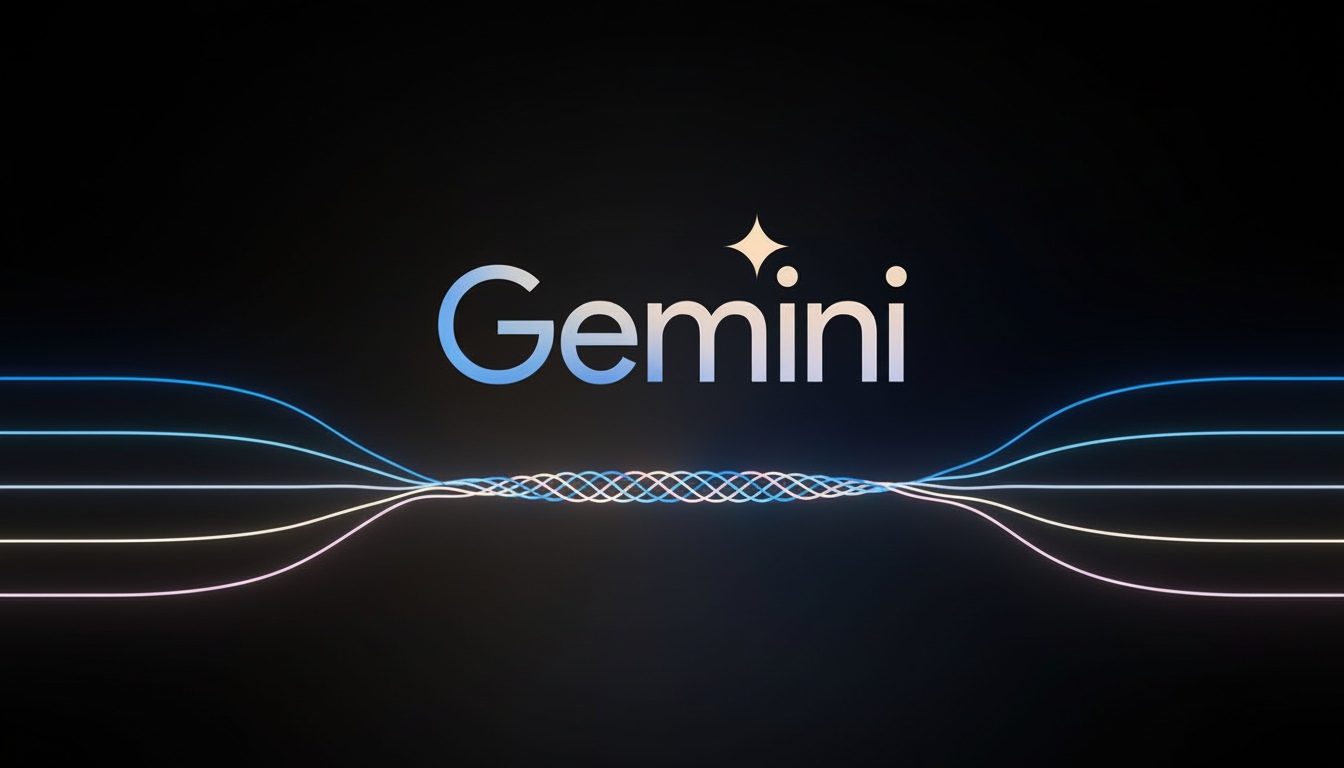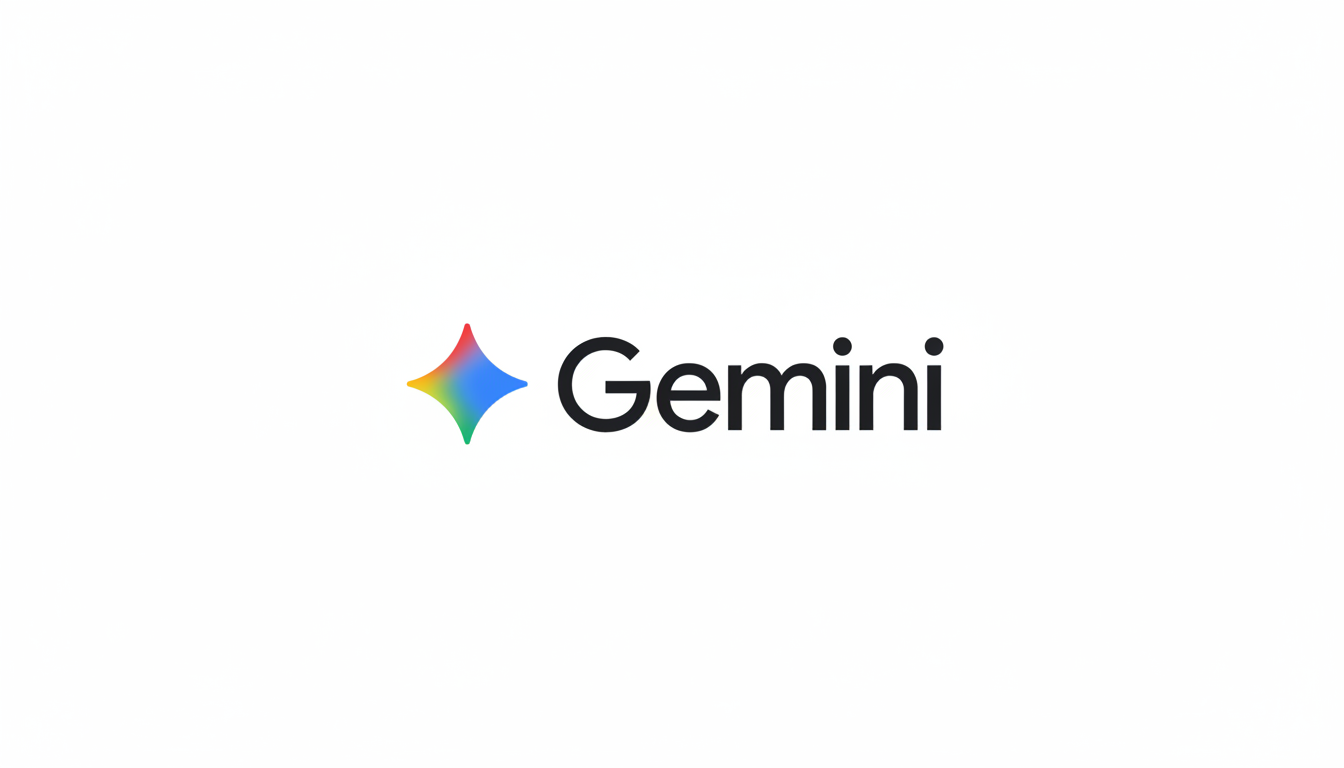Google is weaving Gemini into more corners of Android, Search, and Workspace, yet conspicuous gaps remain in places where an AI assistant would deliver immediate, everyday value.
With Google citing more than 3 billion active Android devices and YouTube serving billions of users, even small omissions loom large. Here are six high-impact spots where Gemini’s absence is still felt—and what closing those gaps could unlock:

When something breaks, most people bounce between search results, videos, and forum threads. A smarter path would let Gemini tap Google’s own support corpus and your device context to give precise, step-by-step fixes right on the screen.
Apple has signaled this direction with its evolving on-device intelligence, blending first-party knowledge with privacy safeguards. Gemini already understands natural language; marry that with the Settings stack, pixel-level UI recognition, and official support playbooks, and you get “do this now” guidance instead of scavenger hunts. The trust and accuracy benefits are obvious, and they align with Google’s push toward on-device models like Gemini Nano for privacy and latency.
Offline and local, in-app commands that actually work
Some of this is available on Android via Google Drive and Workspace, but offline and local, in-app command is what matters. With a Nano-class version and permissions, Gemini may index your user content, stay out of app sandboxes, and run routine actions securely, faster than a search view.
Notification summaries you can ask for and truly trust
Notification summaries you can ask and trust. My personal experience leads me to believe that frequent user lock and unlock cycles while working at Asurion resulted in smartphones getting more than four hundred unlocks in 24 hours. This isn’t ideal; users undergo triage, pre-processing, and filtering.
Therefore, Gemini can provide summaries of notifications by topic, and you can ask:
- Did I forget my bank text notification at dawn?
- Summarize the Slack at Ji’s that I put on mute.
Android phones are equipped with notification archives. However, real-time suggestions are another matter, which includes smart completion and results within app restrictions. Third-party developers make summaries available; however, friction in the beginning is the distinguishing feature.
A copilot for Android first-time setup and migration
First-time setup is still a maze of permissions, restores, and settings that can overwhelm less technical users. With a copilot setup, you’d have help when you need it, asking:

- What will make my battery last the longest?
- Transfer photos and alarms from my old phone, but none of the games.
- Actually, turn on safety checks for [Kids Table] on my kid’s account.
Organizations probing the digital divide, from AARP to the CDC, have years of research noting that even with good design, knowledge gaps remain. A context-aware Gemini guiding the Android Setup Wizard with voice, visuals, and real-time guidance reduces support calls and makes a new phone delightful rather than, well, not.
Bring full-featured Gemini parity to macOS desktops
Gemini is an open secret on Android, a capable iOS app, and a web client on macOS. Windows now has a range of AI experiences across both desktop environments and applications. If Google wants Gemini to be the daily driver for knowledge work, parity on macOS is table stakes.
Smarter discovery across YouTube, YouTube Music, and Google TV
YouTube is experimenting with AI for chaptering and Q&A already. For a repair tutorial, that’s the list of steps. For viewers, it saves time. For creators, it’s better engagement.
On YouTube Music, natural-language playlist building would be an instant win: “Make a mix like the road-trip playlist I looped two weeks ago, but add new house tracks under five minutes.”
And on Google TV, Gemini should understand availability, preferences, and continuity: “Find thrillers with Tom Cruise on the services I already pay for,” or “Give me a two-minute recap of last season.” With connected TV usage surging, intelligent discovery is as critical as content.
Gemini Live points to an ambient, voice-first future, yet consistency is the challenge: the same conversational agent should follow you from phone to laptop to TV with shared memory and permissions you control. OpenAI, Microsoft, and Apple are racing toward this continuity. Google has the reach to do it at scale—if Gemini shows up in the mundane places people actually live their digital lives.
The strategy playbook is clear:
- Prioritize on-device intelligence for privacy and latency.
- Lean on first-party data where accuracy matters.
- Design for recall and control.
Plug these six holes, and Gemini moves from cool demo to indispensable companion.

